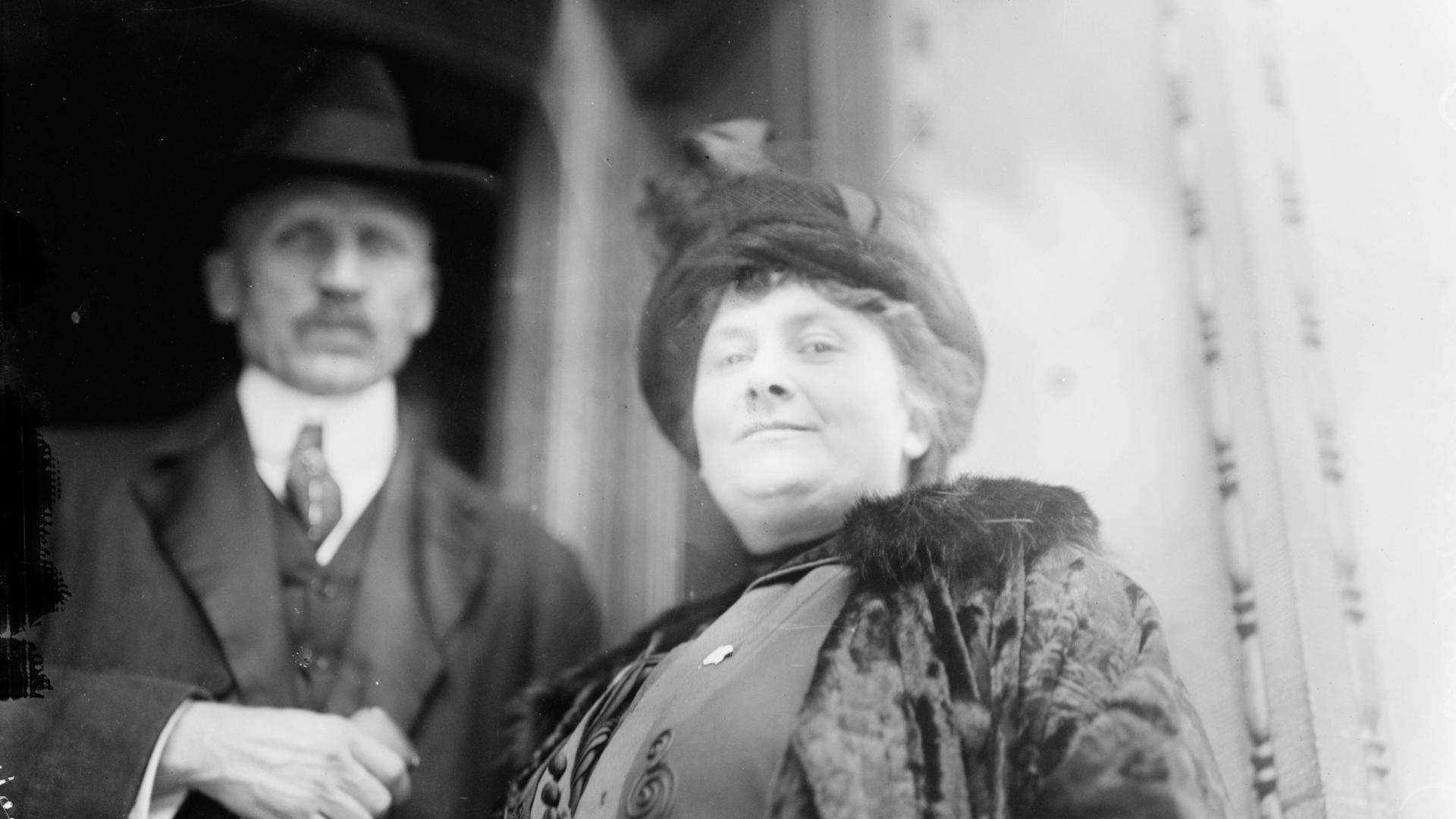The Dark Side of Maria Montessori's Educational Philosophy Revealed
Core Concepts
Maria Montessori's educational philosophy, often associated with positive aspects like self-directed learning, is scrutinized for its darker side, including her support for eugenics and racial theories.
Abstract
Maria Montessori's pedagogical approach, known for promoting individual growth and holistic learning, faces criticism due to her controversial views on eugenics and race. Despite the emphasis on child-centered education and freedom in Montessori schools, the recent revelations highlight the problematic ideologies of the founder. The debate surrounding Montessori's legacy raises questions about inclusivity, historical context, and the impact of educational philosophies on society.
Customize Summary
Rewrite with AI
Generate Citations
Translate Source
To Another Language
Generate MindMap
from source content
Visit Source
www.deutschlandfunkkultur.de
Reformpädagogik: Die dunkle Seite der Maria Montessori
Stats
"Weltweit existieren rund 40.000 Montessori-Einrichtungen."
"Über 1.000 Kinderhäuser und Schulen in Deutschland."
"Rund 40.000 Montessori-Einrichtungen weltweit."
Quotes
"Das perfekte Kind ist für Montessori ‚das Kind einer perfekten Rasse‘." - Sabine Seichter
"Dafür hat sie Propaganda gemacht und dafür hat sie Verbündete gesucht von – man muss das ganz deutlich sagen – Hitler bis Mussolini." - Heinz-Elmar Tenorth
Key Insights Distilled From
by at www.deutschlandfunkkultu... 03-04-2024
https://www.deutschlandfunkkultur.de/die-dunke-seite-der-maria-montessori-100.html
Deeper Inquiries
How can educators address the problematic aspects of historical figures like Maria Montessori while still benefiting from their contributions?
Educators can address the problematic aspects of historical figures like Maria Montessori by acknowledging and discussing these controversial beliefs openly with students. By providing a balanced view of Montessori's contributions alongside her questionable ideologies, educators can help students critically analyze and understand the complexities of history. It is essential to emphasize that individuals are multifaceted, capable of both positive and negative actions or beliefs. Educators should encourage students to learn from Montessori's educational methods while also recognizing and condemning her harmful views on eugenics and race.
What implications does the revelation of Montessori's controversial beliefs have on modern educational practices?
The revelation of Maria Montessori's controversial beliefs has significant implications for modern educational practices. It raises awareness about the importance of critically examining the ideologies behind educational theories and approaches. Educators must ensure that pedagogical methods are inclusive, equitable, and free from discriminatory principles. The exposure of Montessori's support for eugenics and racial theories underscores the need for constant vigilance in evaluating educational philosophies to prevent perpetuating harmful ideas in contemporary teaching practices.
How can parents navigate choosing suitable educational institutions that align with their values and beliefs?
Parents navigating the selection of suitable educational institutions should conduct thorough research into each school’s philosophy, curriculum, and approach to teaching. They should prioritize visiting schools personally, engaging with teachers, observing classrooms, and asking questions about how values such as diversity, inclusivity, academic rigor, or creativity are integrated into daily activities. Parents must consider whether a school’s ethos aligns with their own values regarding education before making a decision. Additionally, seeking recommendations from other parents or education professionals can provide valuable insights into finding an institution that resonates with their beliefs.
0
